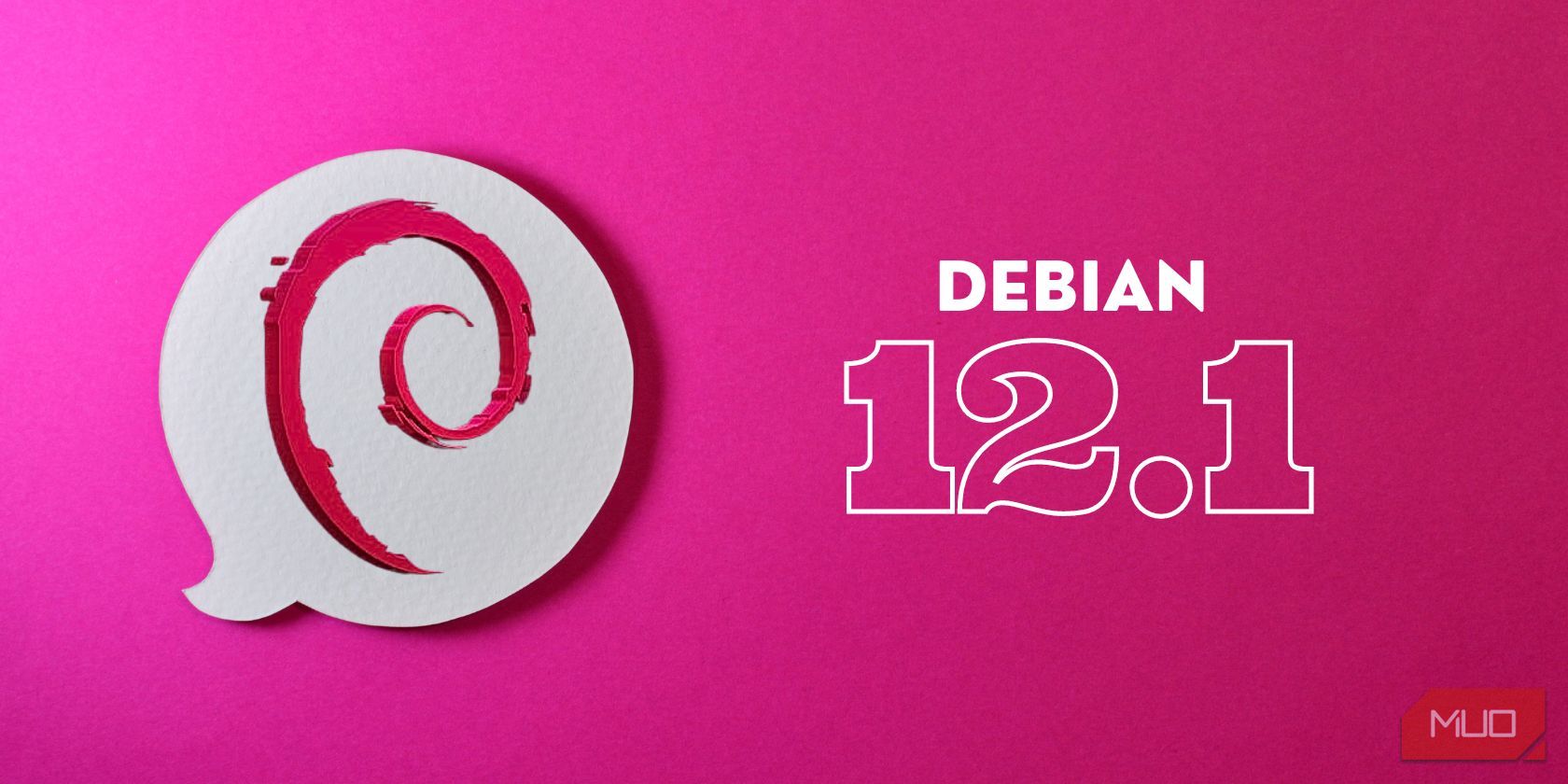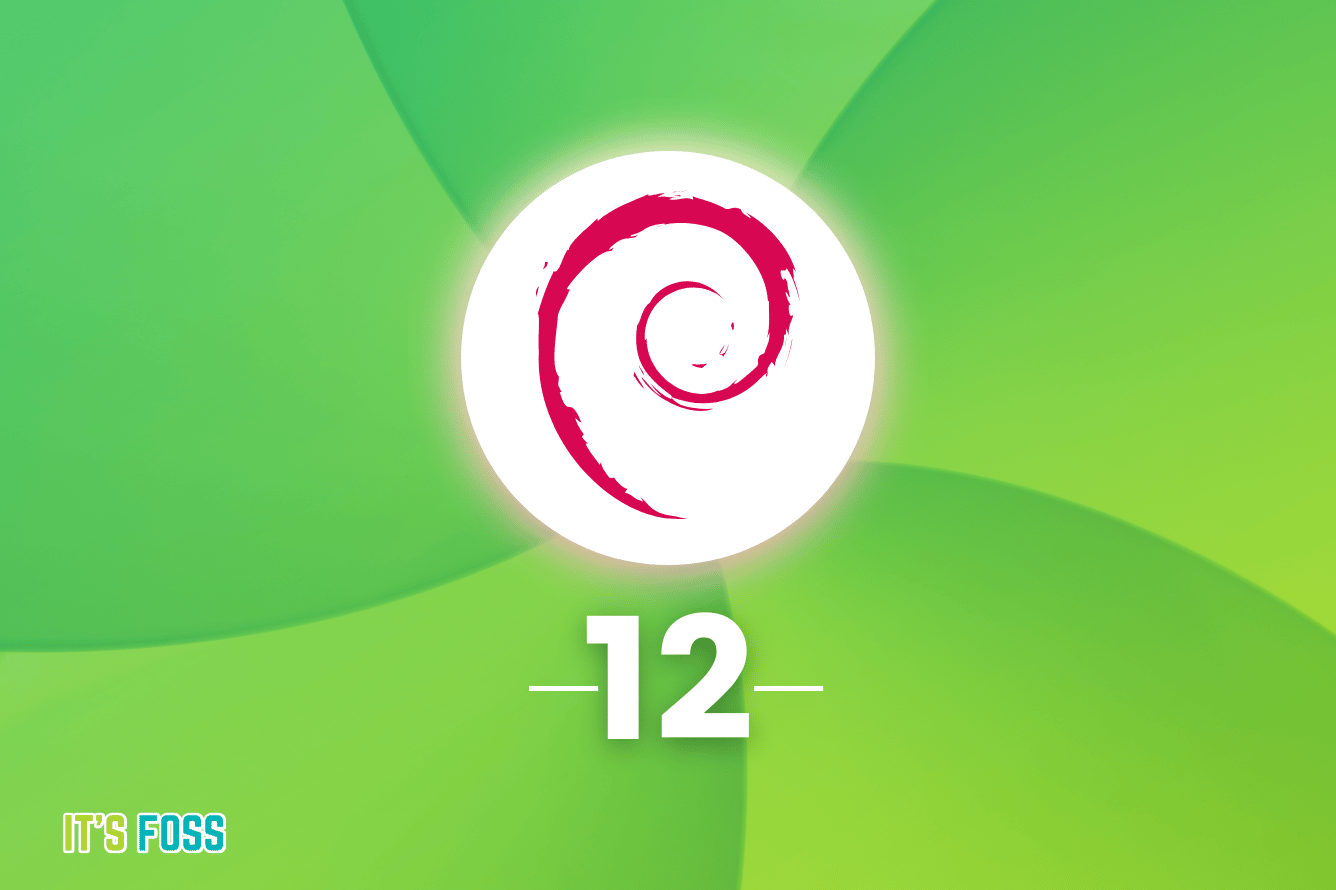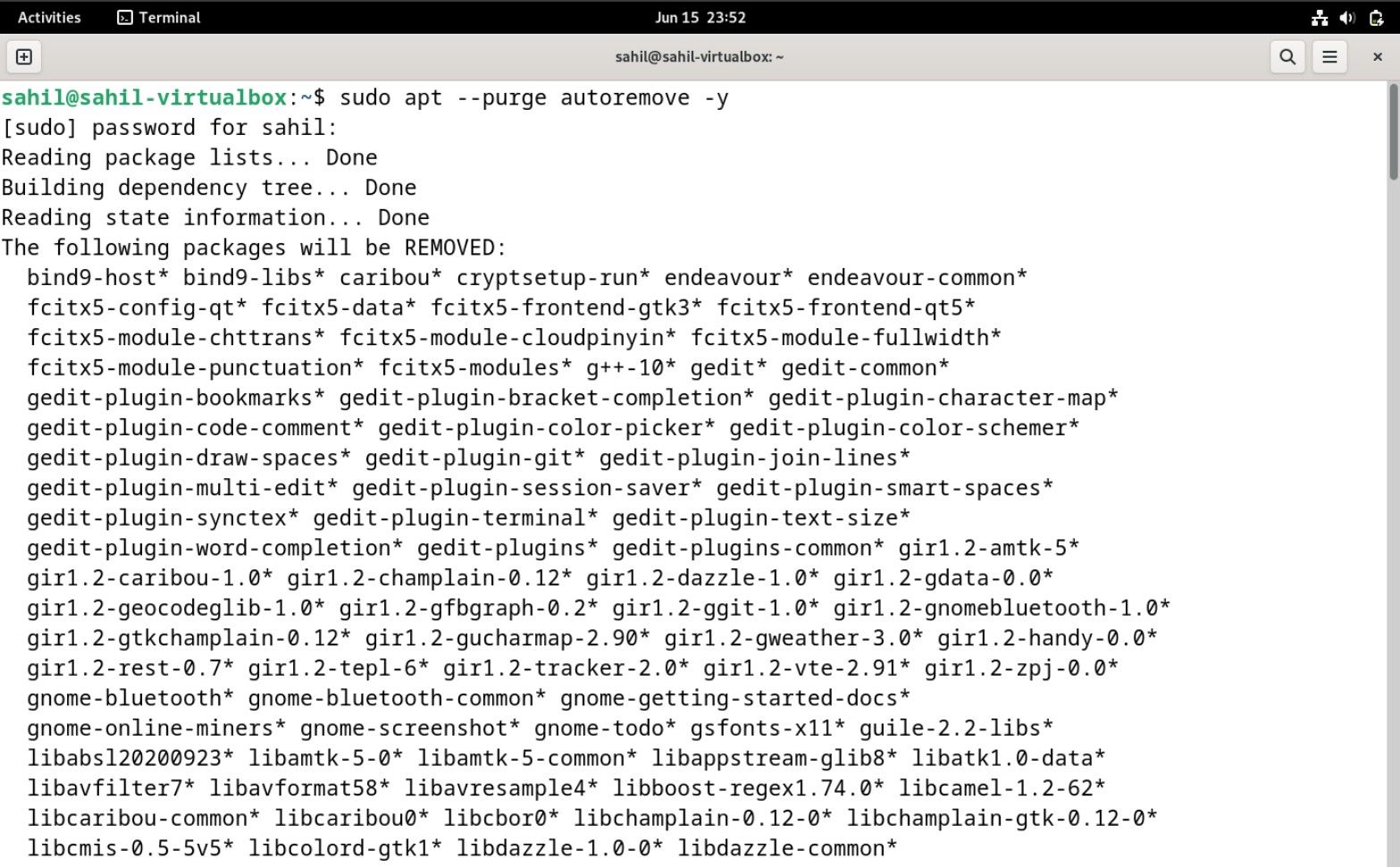Getting a new piece of software to work on your computer can sometimes feel like trying to fit a square peg into a round hole. You download something you're excited to use, you go to install it on your trusty Debian 12 system, and then, bam! An error message pops up, telling you something about a missing "glibc 2.38." It is that moment when you realize things might be a little more complicated than you first thought, and you are, in some respects, left wondering what to do next.
A lot of folks have run into this very situation, actually. Someone tried to set up a program on their Debian 12 machine, only to be greeted with the news that it just did not have the right version of something called glibc 2.38. This can be quite frustrating, because, you know, when a program asks for a specific version like that, and your system does not have it, it tends to be a bit of a roadblock. You are just kind of stuck, at least for a little while, until you figure things out.
The heart of the matter, it seems, often comes down to compatibility. For example, there is this software called OpenVINO 2025, and it really wants glibc 2.38 to run properly. But Debian 12, by default, comes with glibc 2.36. This slight difference, just a couple of numbers, causes a big hiccup. It is like two pieces of a puzzle that almost fit, but not quite, and you can almost feel the program saying, "Nope, not going to work here."
- Lara Rose Onlyfans Leaks
- Sean Rigby
- Gorecentre
- Is There Mail Delivery On Christmas Eve
- Jaishree Gaikwad Web Series List
Table of Contents
- What is Glibc and Why Does It Matter for Debian 12 Glibc 2.38?
- The Core Challenge - Debian 12 Glibc 2.38 Compatibility
- Are There Security Concerns with Older Glibc Versions on Debian 12 Glibc 2.38?
- Getting the Right Glibc - Sources and Tools for Debian 12 Glibc 2.38
- Why Can't I Just Force an Upgrade of Glibc on Debian 12 Glibc 2.38?
- Looking Back - Glibc Versions and Debian's Approach to Debian 12 Glibc 2.38
- What's the Path Forward for Debian 12 Glibc 2.38 Users?
- Understanding Glibc Versioning in Debian 12 Glibc 2.38
What is Glibc and Why Does It Matter for Debian 12 Glibc 2.38?
So, what exactly is this "glibc" thing that keeps popping up? Well, it is, basically, the GNU C Library. Think of it as a really fundamental set of tools that almost every program on a GNU system, or a GNU/Linux system, uses to get things done. It is the standard C library, you know, the backbone for a lot of what your computer does. It helps programs talk to the operating system, handle files, manage memory, and all sorts of other core functions. Without it, or without the right version of it, many applications just would not run.
This library, the GNU C Library, is designed to be very flexible and perform well. It is used in the GNU system itself and in many systems that have Linux as their core. After about six months of careful work, a new version, Glibc 2.38, was announced. This particular update brought with it a bunch of interesting changes. It made some functions official, got rid of others that were not really needed anymore, and brought in some nice safety improvements. It is a big deal when a new version of something so central comes out, because, you know, it means new possibilities for software that relies on it.
When we talk about Debian 12 and Glibc 2.38, we are really talking about how a key piece of your system interacts with newer software. If a program expects Glibc 2.38, and your system has an older one, it is a bit like trying to use a newer key in an older lock. It just does not quite fit, and that is where the trouble starts. This fundamental library is what makes programs run smoothly, so its version number really does count.
- Steve Dulcich Wife
- Somali Wasmo Channel 2025
- Aditimistry Sex Videos
- The Secret Life Of A Campus Wife Manhwa
- Alicerosenblum Porn
The Core Challenge - Debian 12 Glibc 2.38 Compatibility
The main reason people run into this issue with Debian 12 Glibc 2.38 is a simple mismatch. As we heard, OpenVINO 2025, for example, absolutely needs glibc 2.38 to operate. But, as it stands, Debian 12 comes with glibc 2.36 right out of the box. This difference, though it looks small, is a pretty big hurdle for compatibility. It means that, as of right now, Debian 12 is not officially set up to work with OpenVINO 2025. It is a bit of a bummer when you are trying to get something specific to work.
Someone mentioned trying to update their glibc, but also noted that it "can be hairy." This is a very apt way to describe it. Trying to manually change such a core part of your operating system is not something to take lightly. It is not like updating a regular app; messing with glibc can, you know, really mess things up for your whole system. So, when you get that error about needing glibc 2.38, it is not just a quick fix you can download and install without thinking. It requires a bit more care and attention.
The problem is that if the program truly needs version 2.38, and your system only has 2.36, you might not be able to change anything easily on your own. This is because glibc is so deeply tied into the very foundation of your system. It is not just one file; it is a whole collection of pieces that work together. So, when you are looking at Debian 12 Glibc 2.38 issues, it is often about waiting for official updates or finding workarounds that are specific to your situation.
Are There Security Concerns with Older Glibc Versions on Debian 12 Glibc 2.38?
When we talk about software versions, it is not just about features or compatibility; security is, very, a big piece of the puzzle. Older versions of software, including something as fundamental as glibc, can sometimes have weaknesses that bad actors might try to use. For instance, there was a specific issue where a function called `backtrace` did not quite check its boundaries properly when it was storing certain information. This could, in some respects, lead to your system being denied service, or even, potentially, allow someone to run unwanted code.
The biggest worry from this particular weakness is how it affects your system's ability to stay available and running. If someone can use this problem to stop your system from working, that is a pretty serious situation. It means your computer might not be there when you need it, which, you know, can be a real problem for important tasks. This is why keeping software up to date, especially core components like glibc, is often a good idea, even if it feels like a chore.
There was also another kind of vulnerability involving something called the `ld_library_path` environment variable in the GNU C Library, affecting versions from 2.27 up to 2.38. This issue could let someone who is not supposed to be in control load a shared library into a program that was put together in a very specific way. This is another example of how even small details in the library's code can open up doors for problems. So, while we are talking about Debian 12 Glibc 2.38 for compatibility, there is also the underlying concern about keeping things safe.
Getting the Right Glibc - Sources and Tools for Debian 12 Glibc 2.38
If you are thinking about how glibc gets put together, you might come across something called the `glibc-source` package. This package contains all the original code and the changes that are needed to build glibc. It is, basically, the raw materials and instructions for making the library. In other words, if you wanted to build glibc yourself, this is where you would start.
To work with these source files and build glibc, or other related software, you often need a few specialized tools. For instance, there is `Gettext`, which helps with making software available in different languages. Then there is `Dpkg`, which is the system Debian uses to manage its software packages. You also have `File`, which helps figure out what kind of data is in a file by looking at certain identifying marks. `Quilt` is a tool for handling a bunch of changes to code, like a series of patches. And `Autoconf` helps build scripts that automatically set up software for your particular system. All these tools play a part in the larger picture of how software, including glibc, is created and managed on a system like Debian.
While you might find places to download specific `libc.so.6` (which is glibc 2.38) packages for other operating systems like Alt Linux, AlmaLinux, CentOS, Fedora, Mageia, OpenMandriva, PCLinuxOS, and openSUSE, it is really important to remember that for Debian, the best way to get and install software is usually through its own package managers. Tools like `aptitude` or `synaptic` are designed to handle this for you, making sure everything is installed correctly and that different parts of your system play nicely together. Trying to manually put files like `glibc_2.41-9_all.deb` onto your system from a website can often lead to more problems than it solves, so, you know, stick with the official ways when you can.
Why Can't I Just Force an Upgrade of Glibc on Debian 12 Glibc 2.38?
The idea of just forcing an upgrade of glibc on your Debian 12 system might seem like a simple answer to the glibc 2.38 problem, but it is, actually, a path that can cause a lot of trouble. Someone already mentioned that trying to update glibc can be "hairy," and that is a pretty accurate description. Glibc is such a core part of how your operating system works that changing it outside of the normal, approved ways can break almost everything. It is like trying to swap out the engine of a car without knowing exactly how all the parts connect; you might end up with a car that does not run at all.
One big reason for this difficulty is that the versions of glibc that are talked about in general descriptions, like "glibc 2.38 is now available," often refer to the version released by the original developers. However, the glibc package that Debian gives you is not exactly the same. Debian takes the original code, makes its own changes, and then puts it together in a way that works specifically with Debian. So, just because an upstream version exists, it does not mean it will work directly with your Debian system. For Debian 12 Glibc 2.38 situations, you really need to look at what Debian itself provides and supports.
If you try to install a glibc version that is not meant for your specific Debian release, you could run into all sorts of unexpected problems. Programs might suddenly stop working, or your system might not even start up properly. This is why most people who know about these things will tell you that you should not try to manually update glibc unless you really, really know what you are doing, and even then, it is a big risk. It is far better to wait for Debian to provide an update or a specific solution for your Debian 12 Glibc 2.38 needs.
Looking Back - Glibc Versions and Debian's Approach to Debian 12 Glibc 2.38
It is interesting to look at how glibc versions have changed over time, especially within Debian. For example, some very old versions, like glibc 2.3.3, are simply not provided in newer Debian releases anymore. That particular version is from a really early period, and today's common Debian versions typically come with something like glibc 2.28 or even newer. This shows that Debian, like any operating system, moves forward, and older components are gradually left behind.
The way Debian handles glibc is pretty consistent. They package it up, make sure it works well with the rest of the system, and then distribute it through their official channels. This is why, if you are running Debian, it is almost always recommended to use the package managers like `aptitude` or `synaptic`. These tools understand how Debian puts things together and will make sure you get the right versions of software that are known to work together. Trying to download and install individual packages from random websites, especially for something as core as glibc, is generally not the way to go.
So, when we talk about Debian 12 Glibc 2.38, it is not just about a single number. It is about understanding Debian's philosophy for managing its software. They provide a stable, tested environment, and that means they might not always have the absolute newest version of every single component available immediately, especially if that newer version could cause instability. This approach helps keep your system reliable, even if it means waiting a little longer for certain software to be fully supported.
What's the Path Forward for Debian 12 Glibc 2.38 Users?
Given that Debian 12 is not officially set up for something like OpenVINO 2025, which really needs glibc 2.38, what can someone do? Well, the immediate answer is that you cannot just make a direct change to your system to force it to work. The issue you ran into, where OpenVINO 2025 asks for glibc 2.38 but Debian 12 only has 2.36 by default, causes those compatibility problems. So, if you are hoping for a simple switch, that is not really on the table right now.
For those who find themselves in this situation, one thing that can sometimes help is to make sure the problem is known to the developers or maintainers. This means adding details about the glibc 2.38 requirement to any bug reports that are relevant. When people report these kinds of issues, it helps the folks who build and maintain the software understand where the friction points are. It is a way of saying, "Hey, this is something that is causing trouble for users, so maybe it is worth looking into."
Ultimately, for users of Debian 12 who need software that requires glibc 2.38, the most reliable path is to keep an eye out for official updates or announcements from Debian itself, or from the developers of the software you are trying to run. They might release a version of their software that works with glibc 2.3
Related Resources:



Detail Author:
- Name : Mr. Michael Altenwerth MD
- Username : joseph.hammes
- Email : stark.kassandra@gmail.com
- Birthdate : 1989-04-21
- Address : 89516 Frank Well Suite 416 Rauville, NY 80418-7428
- Phone : +1-779-881-7072
- Company : Kutch, Nitzsche and Yost
- Job : Welder and Cutter
- Bio : Id reiciendis ut repellendus harum nihil corporis. Et mollitia natus et voluptatibus nostrum cupiditate aut sunt.
Socials
linkedin:
- url : https://linkedin.com/in/barton1987
- username : barton1987
- bio : Libero iste minima corrupti qui.
- followers : 4768
- following : 1076
tiktok:
- url : https://tiktok.com/@brooks4183
- username : brooks4183
- bio : Odit laudantium provident qui provident rerum quidem qui.
- followers : 6370
- following : 1603